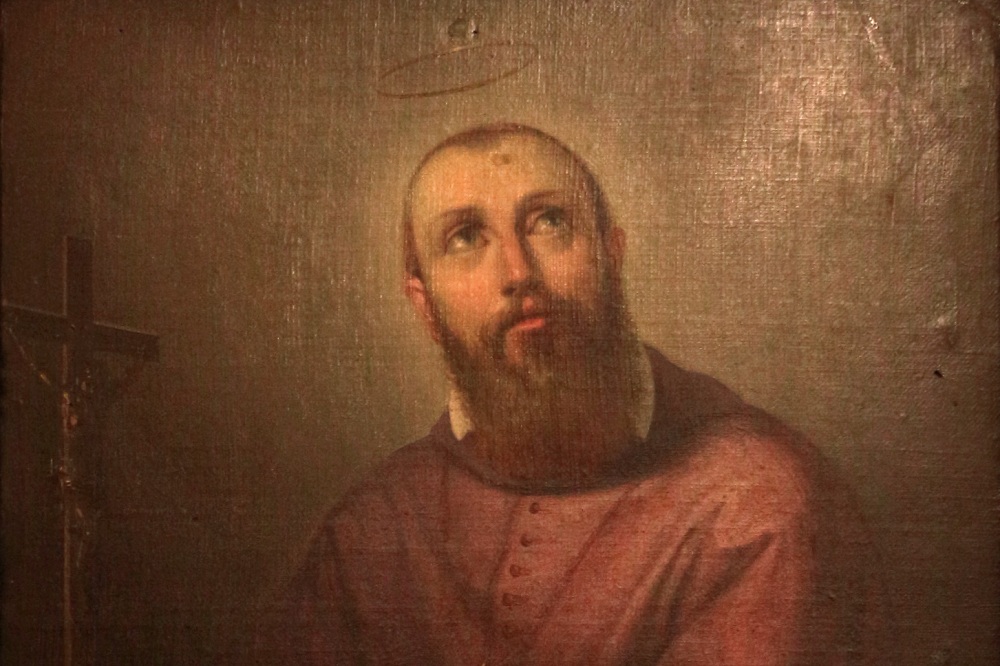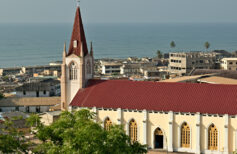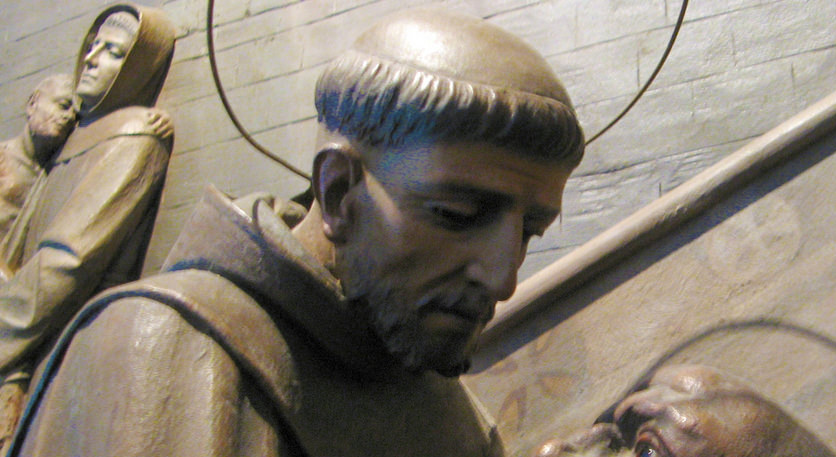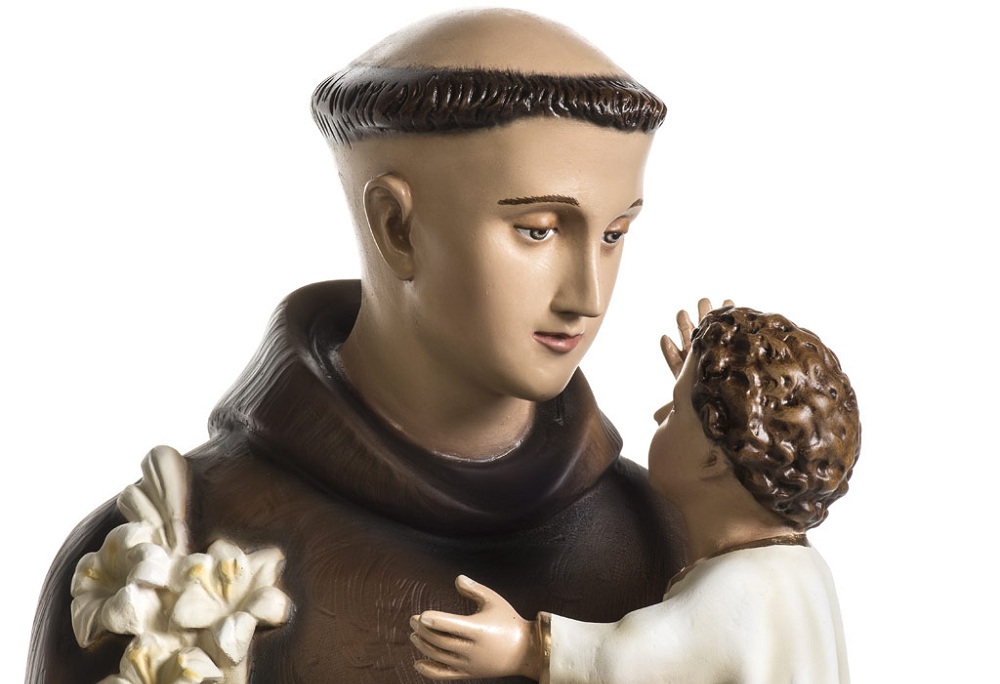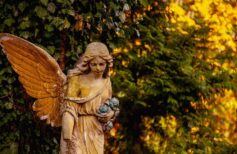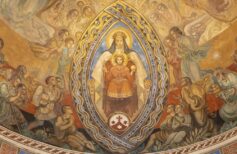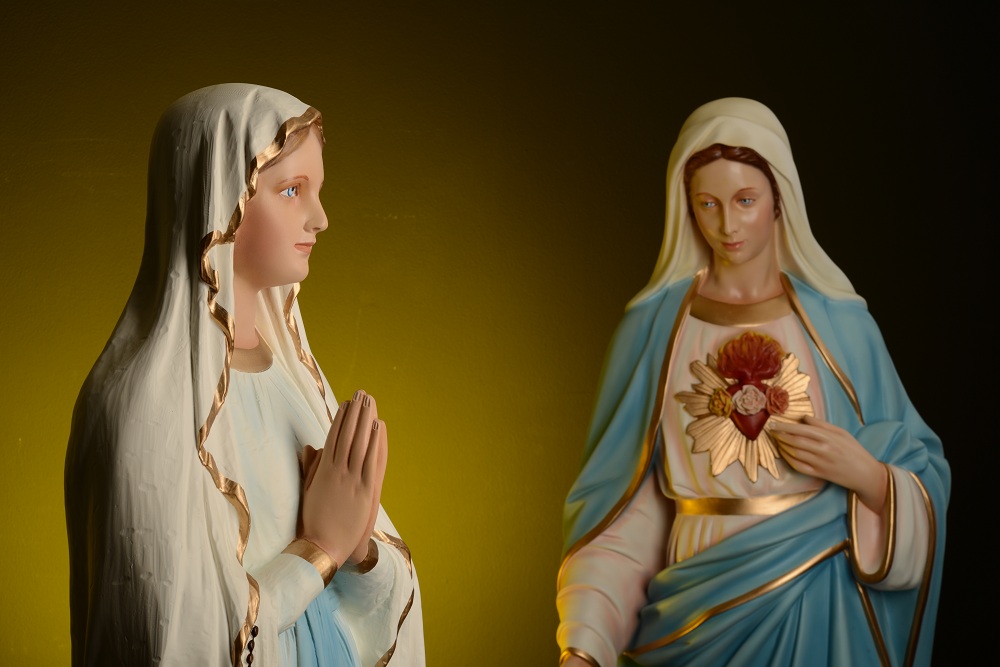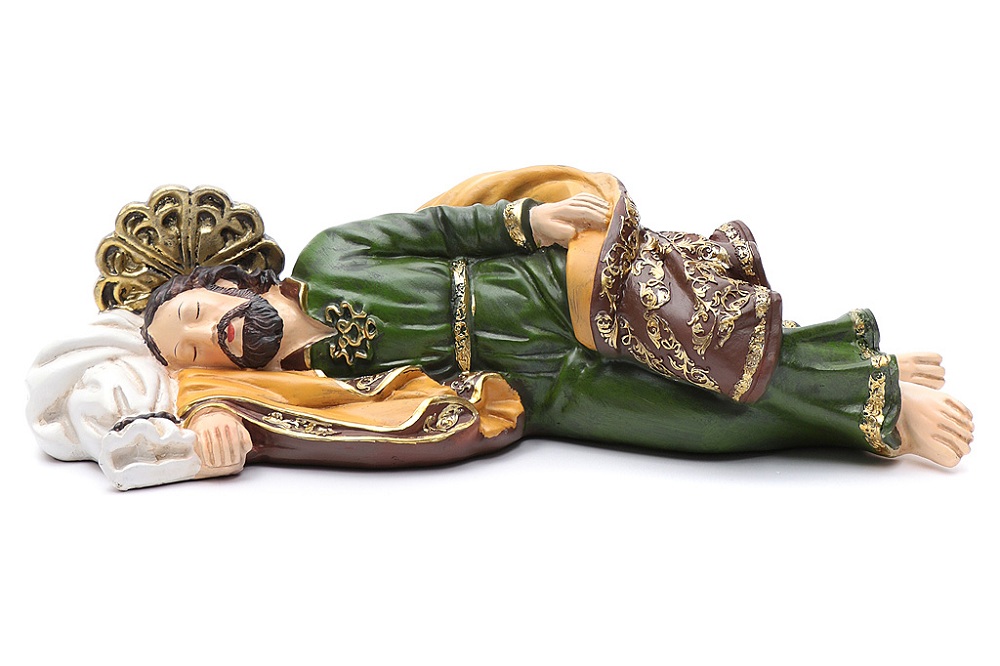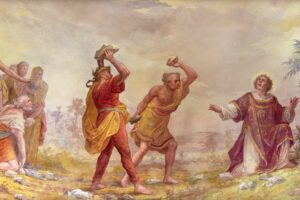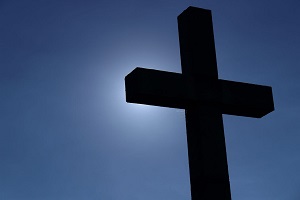The Patron Saint of Journalists, an eminent figure of the Counter Reformation and the French Catholic mystic, St. Francis de Sales was an authoritative doctor of the Church, but a man of his time first.
Born in 1567 and raised in a family of ancient Savoyard nobility, he enjoyed all the privileges that his birth gave him, living between France and Italy, and pursuing his education at the most prestigious schools and universities.
Despite the infinite possibilities that his position and his name would guarantee him, he preferred to follow a religious vocation. He took orders and immediately devoted himself to preaching, especially against the Protestant Reformation.
Voluntarily, he chose to settle in Geneva, symbol of Calvinism and maximum headquarter of the reformers, and in a few years, he became bishop of the city. His method was based primarily on dialogue, and on the belief that the divine presence was present in men, supporting their actions. Especially in the early years of his preaching, the ‘manifests’ he affixed in public places were famous, as were the papers that he slid under doors to reach the faithful via written word for those he could not reach in person.
It was this unusual and new use of written communication that made him the patron of journalists and writers. He was the author of important religious works, which are still considered today to be among the most important texts of the Church, such as the “Introduction to the Devout Life” and “Treatise on the love of God”. His idea of love of God was at the root of all his preaching and work, and allowed him to convert also many Huguenots and Calvinists to Catholicism. In this sense, he was one of the main representatives of devout humanism. He was beatified in 1661, less than forty years after his death, and he inspired many congregations, particularly the Salesian Family created by Saint John Bosco, with regard to the education of children, especially those of the poorest classes.

